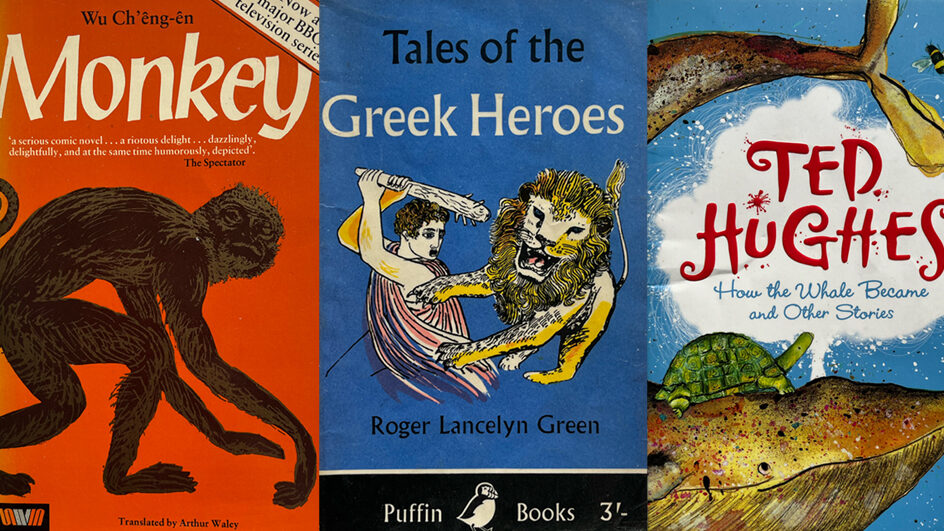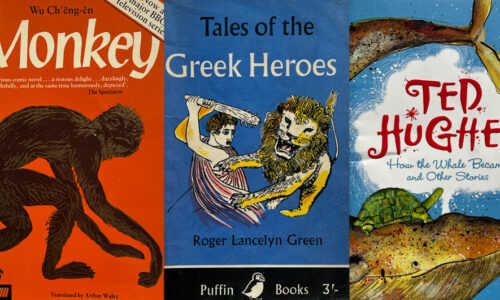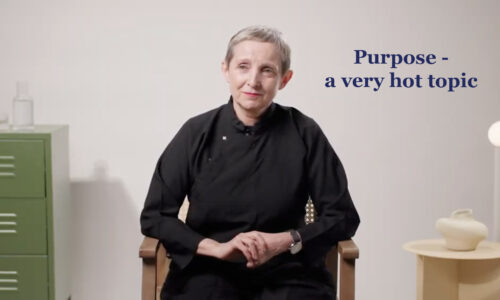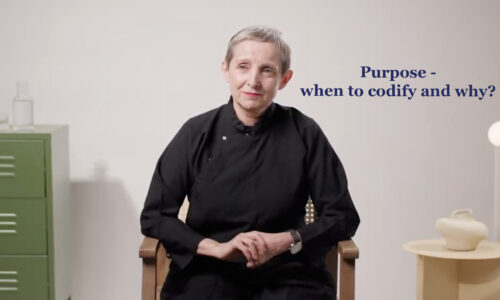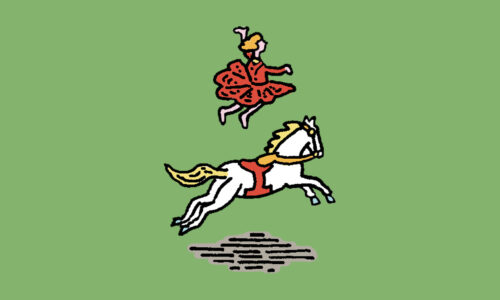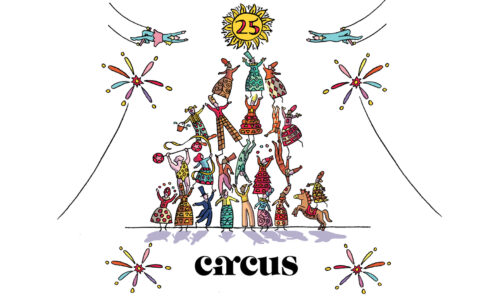Follow spot: Parable and proof
Stories are everywhere, and for good reason. They help build engagement and a sense of unity in the client organisations I work with. And they provide structure to my daughters’ bedtimes – favourites from my own childhood like How the Whale Became, Tales of the Greek Heroes, or Arthur Waley’s translation of Monkey, a retelling of one of the four Chinese classic novels, Journey to the West. (It would be remiss of me not to point out here the newer translation, Monkey King, by Julia Lovell, which brings humour, pace and sparkle to the familiar tale of Pigsy, Sandy and Monkey.)
My girls have recently been gripped by the Netflix film Over the Moon, which retells the Chinese folk tale of the moon goddess Chang’e through the eyes of a young girl. And I hope they learn from this, not just the difference between good and bad behaviour, but also a deeper appreciation for the power of stories from other places, for the glimpses they bring of other ways of thinking and of being.
The stories that stay with me have always had more to them. More power. More meaning. More guidance and inspiration. They are, in fact, not stories, but parables.
Parables emphasise consequence, transcend specificity and teach us universal truths. They talk to the human experience – why we do things, how we do things, and who for.
Parables: lessons for all time
Parables may be simple in narrative structure and language, yet they guide and influence our understanding of good and bad behaviour. Thinking back to the story of Chang’e – I might not remember every narrative twist and turn, but the central lesson is clear – the importance of selflessness and devotion. And, not stealing.
Native American elders often drift freely between current and past events. They may begin a story by saying something like “A long time ago …,” but if you listen carefully, you’ll notice that the behaviour or problem they are addressing is often a current one. Indigenous learning comes through reflected experience. Learning about how to live now, by examining what has happened in our past.
We depend on our stories, our ceremonies, our traditions to guide us to a good future. This is why our stories and parables are so very important. Without looking back, without parables, we cannot be ready for the future.
Purpose as parable and proof
For us, at Circus, Purpose has to work hard. It is not just the story of how an organisation is a force for good. It should inspire and instruct. It should be lived, learnt and put into action. It must be both parable, and proof.
Whether through the causes a company chooses to champion, the way it supports and rewards colleagues, or how an organisation designs its offer, or shapes its spaces – purpose should be made evident at every touchpoint.
At Circus, we believe that parables are as important to great business as they are to shaping our behaviour as children. They help people understand why they do what they do, guiding decision-making and judgement. They teach, direct and inspire – in both principle and ritual.
This way of thinking brings a wonderful circularity. The parables of an organisation’s past can inspire its Purpose. And the Purpose itself can guide the creation of new rituals, conventions, ideas – creating a wellspring of instructive and inspiring parables for the future. Lighting the road ahead – not with dark forests or shadowy forces but with brightness, ambition, colour, and progress.
Written by Emily Jones
April 2025

